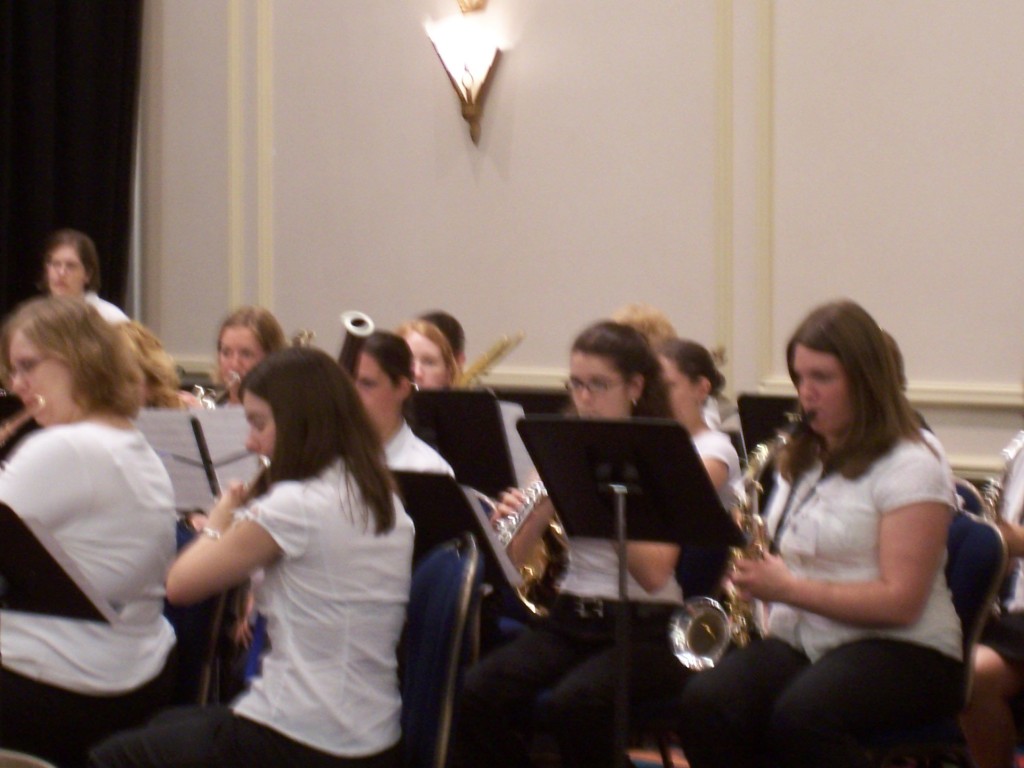 I came into communications via a rather round-about path: I enrolled in a Bachelor of Music program for oboe performance. It was through my love of music that I discovered my passion for branding, public relations, and social media.
I came into communications via a rather round-about path: I enrolled in a Bachelor of Music program for oboe performance. It was through my love of music that I discovered my passion for branding, public relations, and social media.
Without any communications, journalism, or marketing classes under my belt, and working to build my own consulting practice over the last two years, I’ve had to push myself, think outside the box, and create my own systems from scratch.
Looking back on my experience, I find myself grateful for my experience in the oboe performance program at the University of Maryland, where I learned many skills that still serve me today.
Attention to detail
The oboe is one of the more challenging instruments one can choose. It requires attention to detail at every level, from making reeds (a precise art, requiring adjustments of mere millimeters that can make or break your performance), to intonation (easily affected by factors like weather, humidity in the concert hall, etc), and even tiny adjustments in embouchure or fingering can throw everything out of whack.
More importantly, unlike clarinets in a band program or violins in an orchestra, the oboe section is tiny (usually only 2 or 3 total), so there’s very little room for error.
Obsess, then let go
Each of the details that must be prepared for an ideal performance can be controlled only up to a point. Once the performance begins, there’s a limit to how many adjustments can be made onstage.
An experienced performer trusts in her preparation and the musicians around her to make it work.
Leading from within
In a professional orchestra, the first chair oboist works with the concertmaster to start each performance by tuning. The first chair musician of each section must work together with their fellow leaders to agree on interpretation, tempi, and section cohesion (if you’ve ever wondered why a conductor shakes hands with the concertmaster, here’s your answer).
Fierce independence, informed by distinct domain expertise
The obsession over these details, and unique experience that comes with playing the oboe attracts independent spirits to the instrument.
The distinct demands that come with the oboe requires honest communication and a collaborative spirit with leaders like a conductor, or collaborators in a chamber music setting.
Finding support and doing your homework in unexpected places
Because so few people play the oboe, these musicians must work harder to find their compatriots and support systems. The community music store down the street won’t offer the supplies that the serious oboist must have, so we travel farther or go online to find the things we need.
In undergrad, there was one teacher who knew where to look for the latest developments in the field, who the leading voices were, and which schools of thought would serve a working musician best.
The truly great stand out
I could be very rich today if I had a dollar for every person I talked to who played the oboe for one year in high school, or complained about how bad the oboist in their high school program sounded, etc.
It’s easy to rent a mediocre instrument from the community music store down the street, and sound like a strangled duck.
It takes dedication and commitment to track down the proper equipment, training, and opportunities to develop into the kind of musician that is in demand, much like the field of public relations.
Did you come to your career in a tangential fashion? What lessons did you bring from your previous life? Do share, I’d love to know.
Image: courtesy and used with permission from Maura Lafferty from the 2006 Sigma Alpha Iota National Convention in Orlando, Fla.
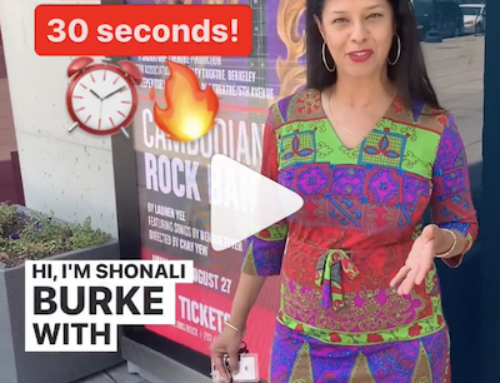
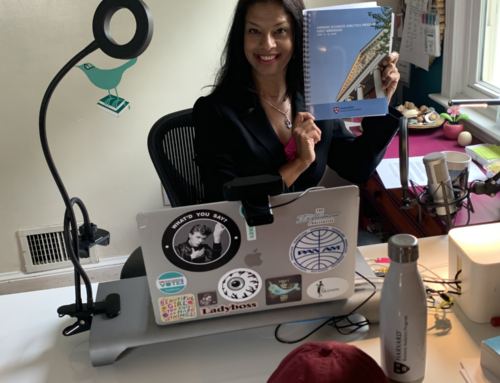
![[EVENT]: PR Hacks for Small Biz (online)](https://shonaliburke.com/wp-content/uploads/2021/06/FB-Ad-1200x800-01-01-01-Copy-500x383.jpeg)
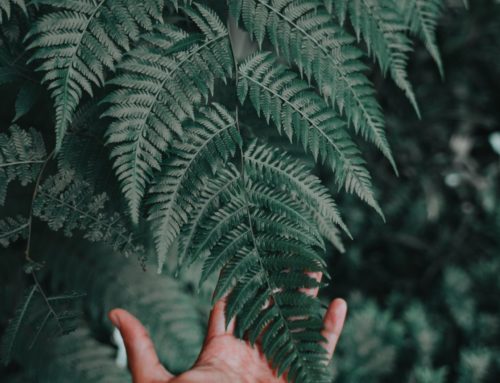



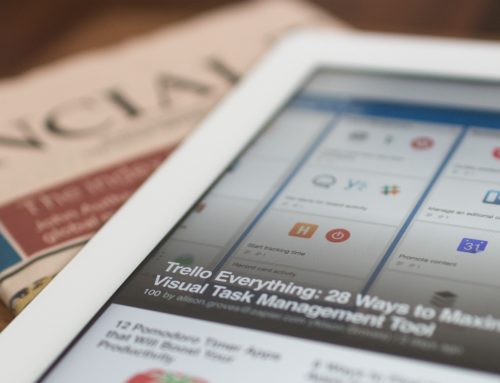

[…] Maura Lafferty loves San Francisco, social media and social responsibility. She is applying for full-time communications roles, where she can bring her nonprofit, tech and integrated media relations knowledge to a great team. Connect with her on Twitter @mlaffs. A version of this article first appeared on Waxing Unlyrical. […]
[…] 5. What Playing the Oboe Taught Me About Building My Own PR Practice […]
[…] What Playing the Oboe Taught Me About Building My Own PR Practice (waxingunlyrical.com) […]
I came to my business coaching business via athletic coaching. I took the experience of Olympic coaching and parlayed that from the gym floor to the boardroom, as I find that assisting others to achieve excellence and success on their terms relates as well to business owners as to athletes. The lessons I learned from athletic coaching are too numerous to fully share, but the key ones are:
Each individual is unique: treat them as such. No one size fits all approach to helping them achieve their best.
Keep your eye “off” the prize. Once the goal is set, keep it on the horizon (example: Olympic gold medal) while focusing on each and every step as you work your way toward the goal. If you stay focused on where you want to go instead of the work to be done to get there, the work may not get done.
Listen, through all your senses. Hear what the individual is saying. Observe body language. Read between the lines. Be a strong task master, but have empathy and understanding.
Each individual is responsible for their own success. As a coach, I can support, cajole, educate, inform, provide expertise, etc. but it’s the individual who must do the work.
Just a few examples…Cheers! Kaarina